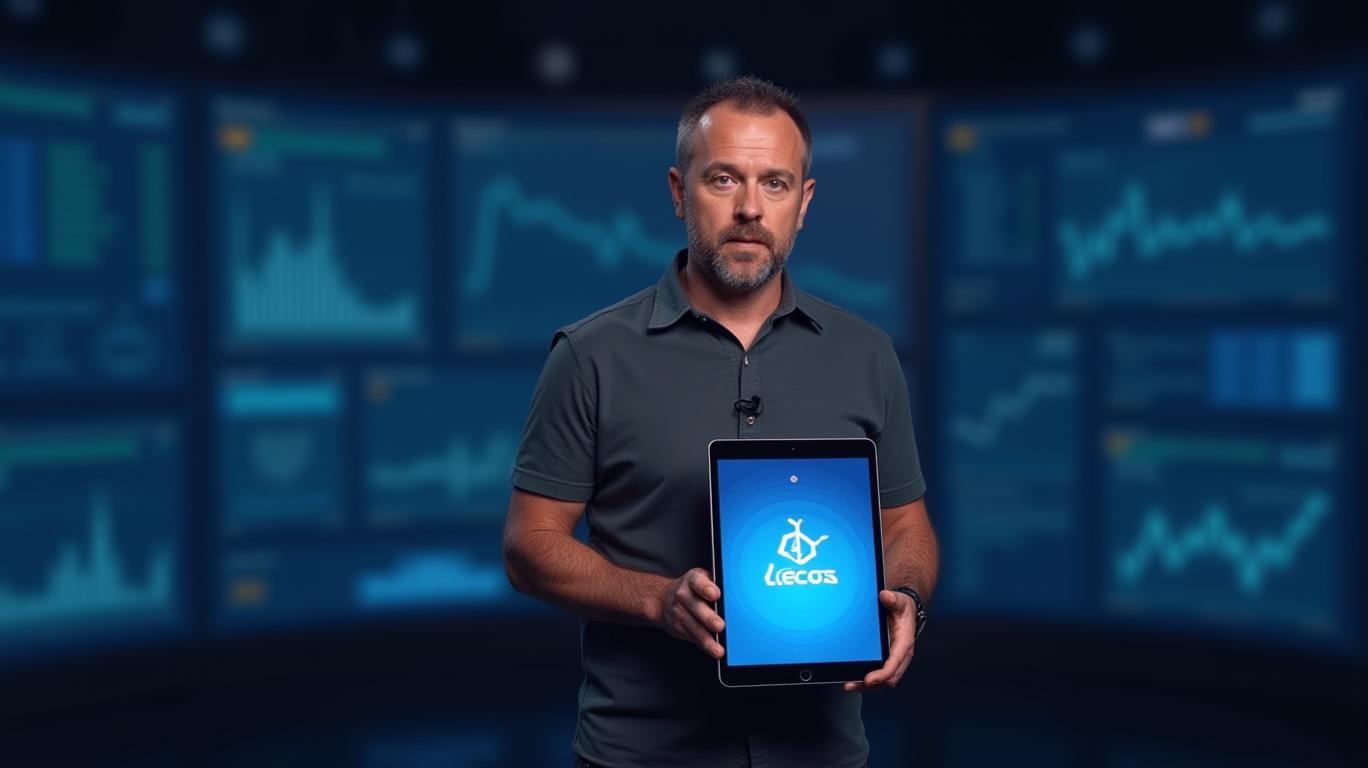Cardano Founder Announces Leos Tool to Surpass Solana in Network Speed
Cardano founder Charles Hoskinson has announced the development of a new tool, LeosLEO--, which he claims will surpass Solana in network speed while maintaining full decentralization. This announcement addresses one of the most persistent criticisms of the Cardano network, which has been perceived as slower compared to Solana. Hoskinson made this revelationREVB-- during an interview with crypto analyst Scott Melker, where he described Leos as "the first solution to the blockchain trilemma."
The blockchain trilemma refers to the challenge of simultaneously achieving scalability, security, and decentralization, a problem that has plagued many blockchain projects. While Solana has gained popularity for its high transaction speeds, it has faced criticism for occasional network outages. Hoskinson highlighted Cardano’s seven-year track record of uninterrupted operation, emphasizing that Cardano does not suffer from the same issues as Solana.
Hoskinson also defended Cardano against misconceptions about its capabilities, stating that the network has been running continuously for seven years with no downtime. He cited independent metrics, such as the Edward decentralization index, to support his claims about Cardano’s strength and decentralization. According to Hoskinson, Cardano is the most decentralized cryptocurrency on the planet.
Beyond competing with Solana on speed, Hoskinson outlined a broader vision for Cardano’s ecosystem. He detailed plans to make Cardano "the nexus of the entire UTXO DeFi ecosystem," including initiatives like Lightning Hydra—a combination of Cardano’s Layer 2 solution with Bitcoin’s Lightning Network—and Midnight, a private smart contract platform. These initiatives aim to enhance Cardano’s utility and attract more users and developers to its platform.
Hoskinson expressed frustration at what he perceives as a lack of recognition for Cardano’s achievements. He noted that despite Cardano’s continuous operation and technological advancements, there is a persistent lack of acknowledgment from the broader cryptocurrency community. With a reported $1.5 billion on-chain treasury to fund development and strategic investments, Cardano appears well-positioned to deliver on these ambitious technical promises.
If successful, Leos could represent a significant advancement in blockchain technology, potentially positioning Cardano as a major competitor in the high-performance blockchain arena currently dominated by networks like Solana. The developments come as Cardano expands its utility across multiple fronts, including partnerships with Bitcoin-focused projects and real-world asset integration. This expansion underscores Cardano’s commitment to innovation and its goal of becoming a leading player in the blockchain industry.

Quickly understand the history and background of various well-known coins
Latest Articles
Stay ahead of the market.
Get curated U.S. market news, insights and key dates delivered to your inbox.



Comments
No comments yet